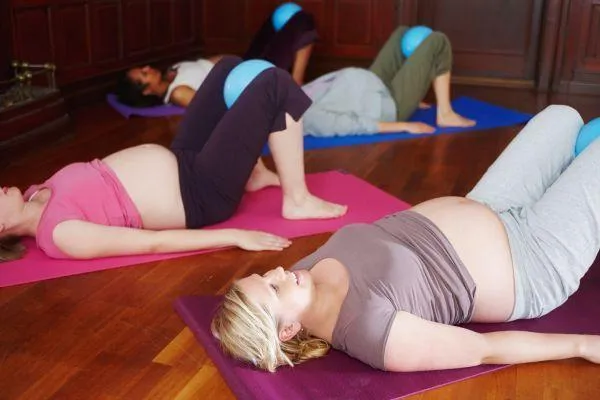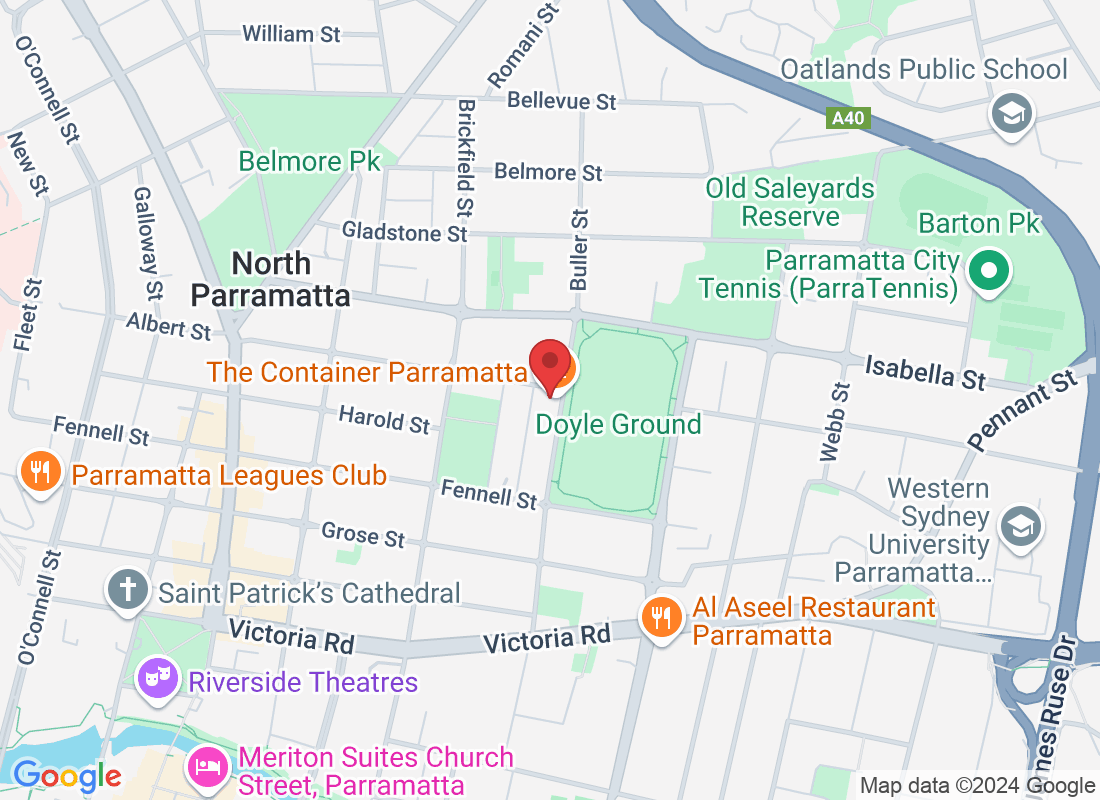
Postpartum Pelvic Floor Recovery: What to Expect and How Physiotherapy Can Help
Childbirth is an incredible journey, but it can take a toll on a mother’s body—especially the pelvic floor. As new mothers adapt to life with their little ones, regaining physical strength and well-being is essential. At North Parramatta Physiotherapy and Sports Injuries, we’re here to help guide you through the recovery process. This post explores what postpartum pelvic floor rehabilitation involves and how physiotherapy can make a difference in your recovery journey.
Why Is the Pelvic Floor Affected After Childbirth?
During pregnancy, the pelvic floor muscles undergo considerable stress as they support the growing baby. The demands of labour and delivery, whether vaginal or through a C-section, can weaken or stretch these muscles. As a result, many women experience challenges like bladder leakage, pelvic pain, or a sense of pressure in the pelvic area after childbirth.
The pelvic floor plays a crucial role in core stability, bladder and bowel control, and overall comfort. Strengthening and rehabilitating these muscles after childbirth is key to restoring these functions and feeling like yourself again.
Common Postpartum Pelvic Floor Concerns
Some of the most common issues women encounter during the postpartum period include:
Bladder Control Problems: This can range from occasional leakage when sneezing or lifting to more frequent urges to urinate.
Pelvic Pain or Discomfort: Aching or pain in the pelvic region, which may extend to the lower back, is not unusual after childbirth.
Pelvic Organ Prolapse: This occurs when pelvic organs shift downward due to weakened muscles, leading to a feeling of heaviness or bulging in the vaginal area.
Pain with Intercourse: For some, engaging in intimate activities can become uncomfortable due to muscle tension or trauma from delivery.
These symptoms can be distressing, but with proper care, they can often be managed or resolved through targeted rehabilitation.
How Physiotherapy Can Support Your Postpartum Recovery
Postpartum physiotherapy focuses on restoring strength and function in the pelvic floor and core. At North Parramatta Physiotherapy and Sports Injuries, we provide a comprehensive approach that includes the following elements:
1. Personalised Evaluations
Recovery looks different for every woman, so we start with a detailed evaluation. This includes assessing the state of your pelvic floor muscles, core strength, and any specific symptoms you may be experiencing. From there, we develop a customised plan that aligns with your recovery goals.
2. Targeted Pelvic Floor Exercises
Exercises that strengthen the pelvic floor are essential for recovery. Our physiotherapists guide you through these exercises, teaching you how to properly engage the muscles without straining them. This approach helps improve bladder control, reduce feelings of heaviness, and rebuild muscle tone.
3. Hands-On Therapy for Pain Relief
Manual techniques, such as gentle massage and soft tissue release, can help ease tension and improve blood flow to the pelvic area. This is particularly beneficial for those dealing with persistent pain or tightness. These methods complement exercise routines, making the recovery process more comfortable and effective.
4. Restoring Core Strength
The pelvic floor and abdominal muscles work together to provide stability. After pregnancy, many women experience abdominal separation (diastasis recti). Our physiotherapists design safe exercises that address core separation and promote overall strength, which is essential for daily activities and long-term recovery.
5. Empowering Education
Beyond exercises and therapy, we believe in empowering new mothers with the knowledge to manage their recovery. We provide advice on posture, safe lifting techniques, and daily movements that can support your pelvic floor health. Understanding how to protect your body during everyday tasks can make a significant difference in the healing process.
What to Expect During the Rehabilitation Process
Postpartum recovery doesn’t happen overnight, and it’s important to be patient with yourself. Here’s a general timeline for what you can expect:
0-6 Weeks: Focus on rest, gentle movement, and breathing exercises that promote relaxation of the pelvic floor.
6-12 Weeks: Begin a tailored pelvic floor and core strengthening program under the guidance of a physiotherapist.
Beyond 12 Weeks: Continue to build strength and work towards your long-term goals, whether that’s returning to fitness activities or simply feeling more confident in your daily movements.
Every recovery timeline is unique, and the key is to listen to your body and progress at a pace that feels right for you.
Why Investing in Postpartum Recovery Matters
Taking the time to focus on pelvic floor rehabilitation can have a lasting impact on your quality of life. With the right support, you can:
Regain Control Over Bladder Function: Strengthening the pelvic floor can greatly improve or eliminate leakage.
Reduce Discomfort and Pain: Targeted exercises and manual therapy can ease pelvic and lower back pain.
Enhance Core Stability: A stronger core supports better posture, balance, and overall physical resilience.
Improve Confidence and Comfort: Addressing pelvic health can make everyday activities and intimate moments more enjoyable.
Conclusion: Begin Your Postpartum Healing Journey Today
You’ve been through a transformative experience, and now it’s time to focus on your own well-being. At North Parramatta Physiotherapy and Sports Injuries, we’re dedicated to helping you feel strong, supported, and ready to take on this new chapter. With personalised care, you can navigate postpartum recovery with confidence and comfort.
Reach out to us today to schedule a session and start your journey toward a healthier, stronger pelvic floor. You deserve the best care as you adjust to life with your new baby, and we’re here to help every step of the way.



